Russia’s corporate landscape is a unique blend of state-owned giants and emerging private businesses. The country’s vast natural resources, coupled with a complex political and economic environment, shape the business landscape.
State-Owned Giants
State-owned enterprises (SOEs) dominate many sectors of the Russian economy, particularly in energy, natural resources, and infrastructure. Some of the most prominent SOEs include:
- Gazprom: One of the world’s largest natural gas companies, Gazprom plays a crucial role in Russia’s energy exports.
- Rosneft: A major oil and gas company, Rosneft is a key player in Russia’s energy sector.
- Sberbank: Russia’s largest bank, offering a wide range of financial services.
- Rostec: A state corporation responsible for the development, production, and export of high-tech industrial products.
- Russian Railways: The state-owned railway company, responsible for the country’s extensive rail network.
Private Sector Companies
While state-owned enterprises dominate certain sectors, the private sector is also growing in importance. Some of the most prominent private companies in Russia include:
- Lukoil: A major oil and gas company, known for its international operations.
- Magnit: A leading Russian retail chain, operating supermarkets and hypermarkets across the country.
- X5 Retail Group: Another major retail company, owning and operating grocery stores and hypermarkets.
- Yandex: A technology company offering a range of internet services, including search, e-commerce, and transportation.
- Mail.ru Group: A major internet company, providing email, social networking, and other online services.
Challenges and Opportunities
Doing business in Russia can be challenging due to factors such as:
- Complex Regulatory Environment: The Russian regulatory environment can be complex and subject to frequent changes.
- Corruption: Corruption remains a significant issue in Russia, which can increase costs and risks for businesses.
- Geopolitical Risks: Geopolitical tensions with Western countries can lead to sanctions and trade restrictions, impacting business operations.
- Economic Volatility: Russia’s economy is susceptible to fluctuations in global commodity prices and geopolitical events.
- Currency Risk: Fluctuations in the Russian ruble can impact the profitability of businesses operating in Russia.
Despite these challenges, Russia offers significant opportunities for businesses, particularly in the energy, natural resources, and technology sectors. By understanding the unique dynamics of the Russian market and navigating its complexities, businesses can successfully tap into the country’s potential.
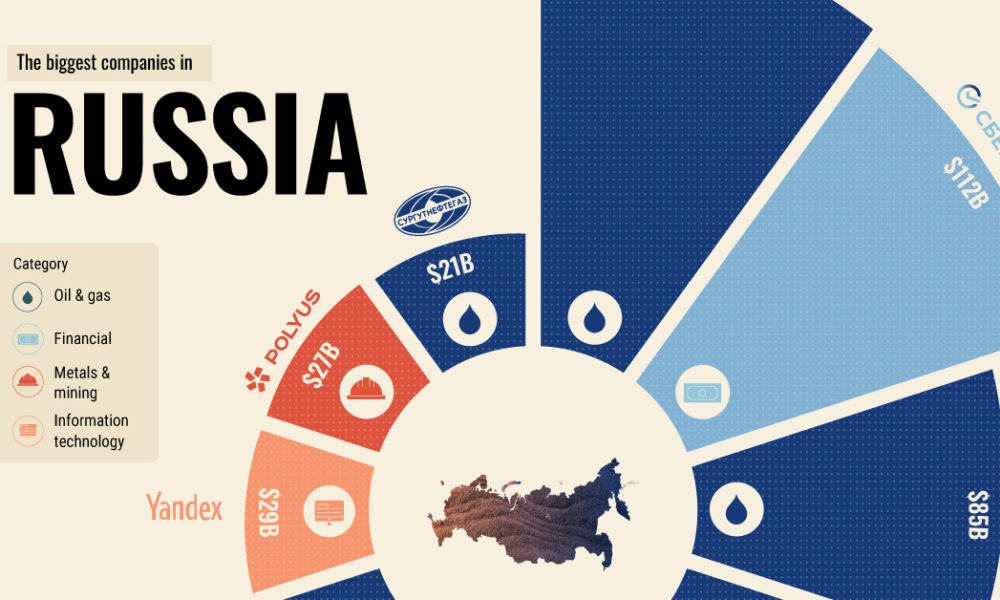
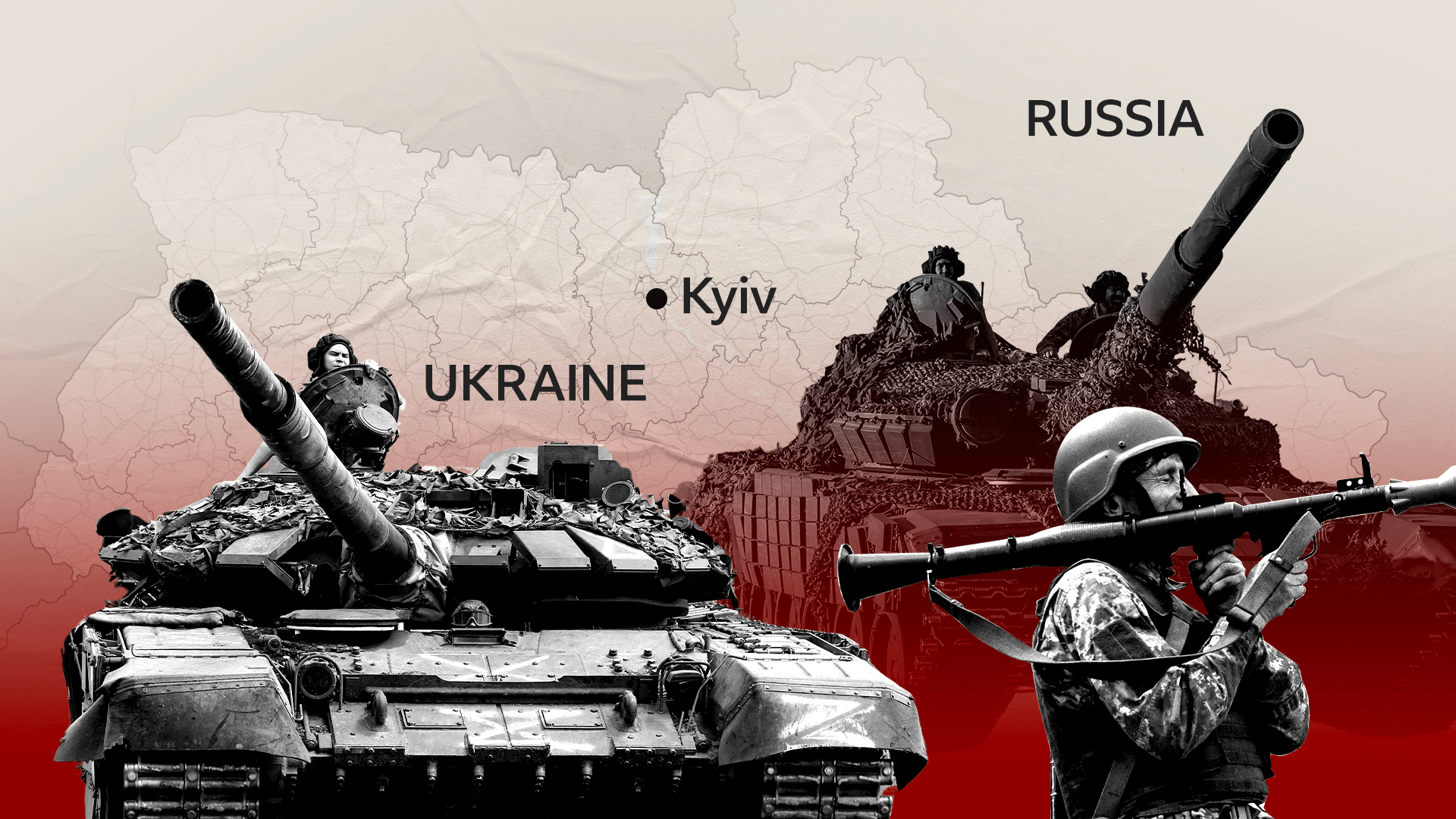
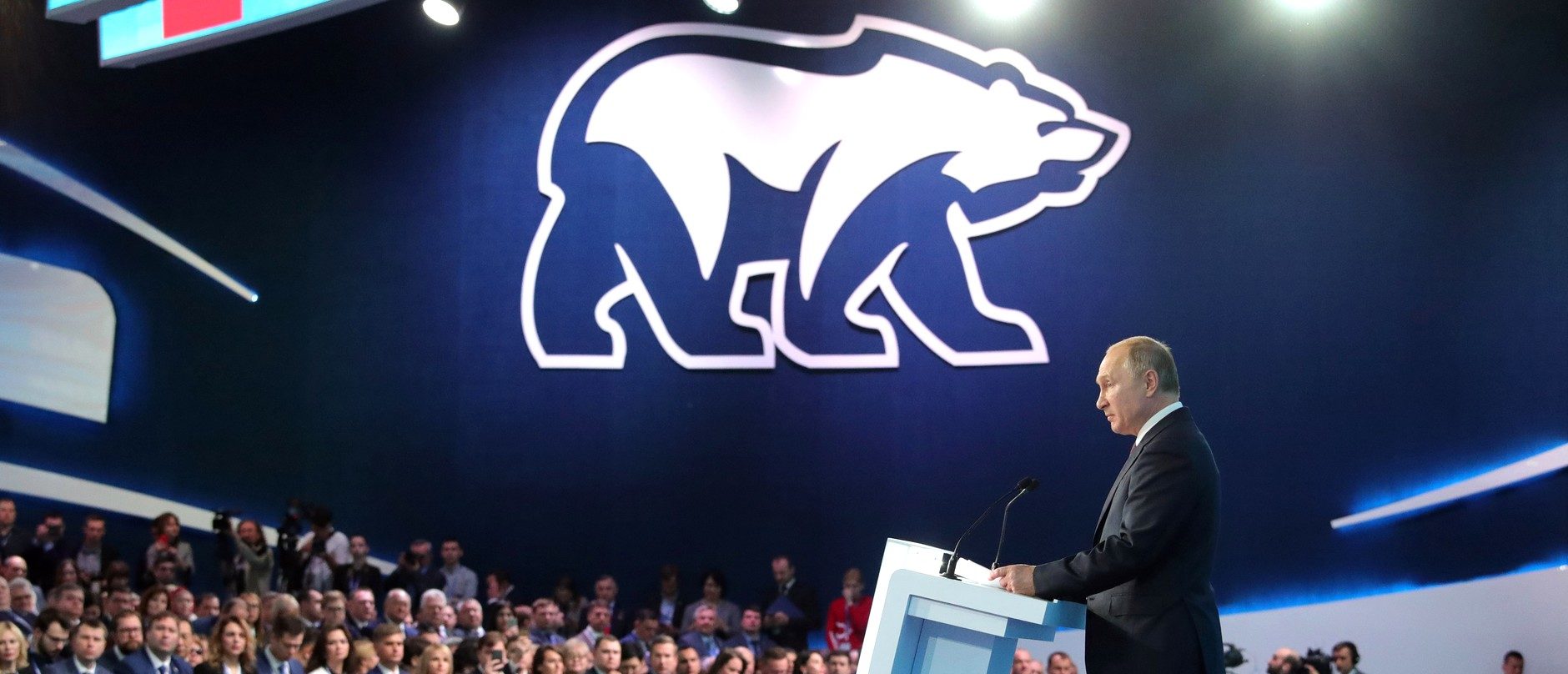
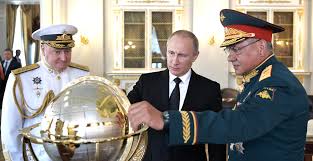

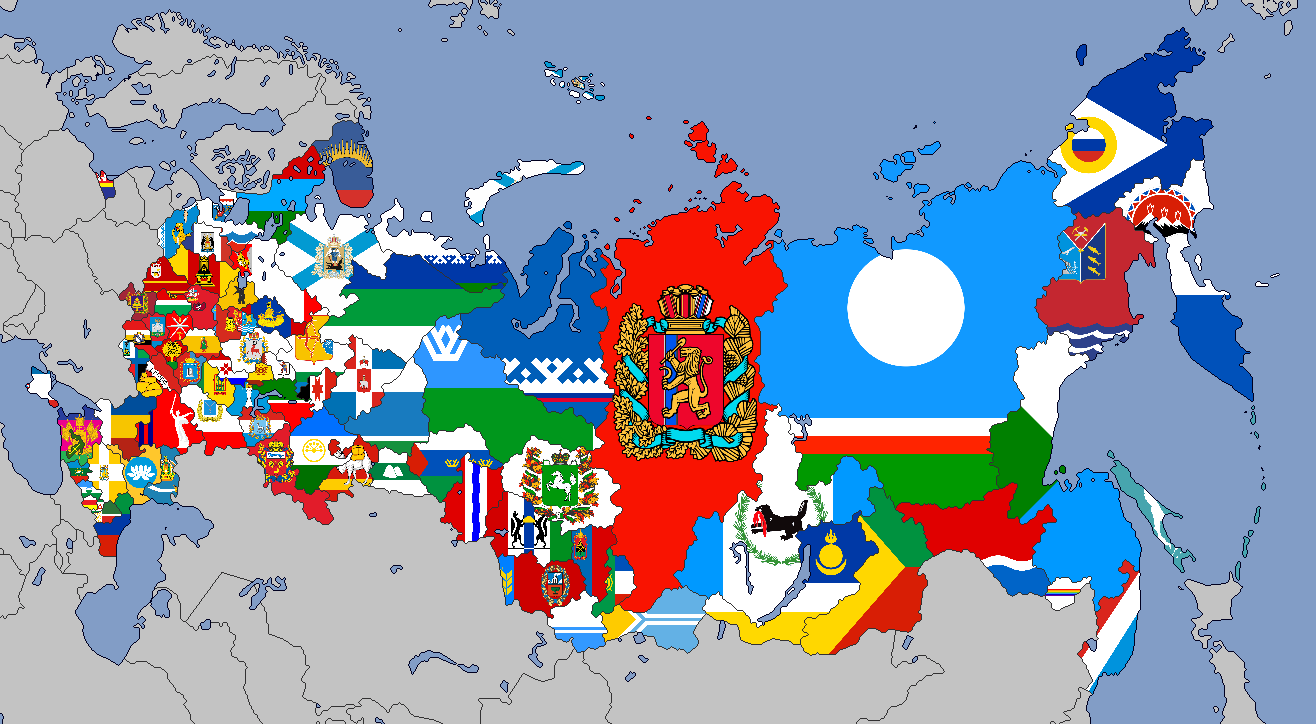
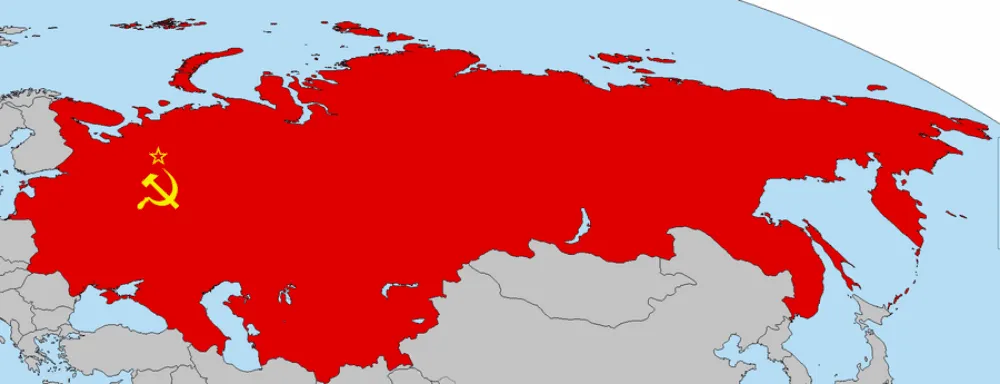
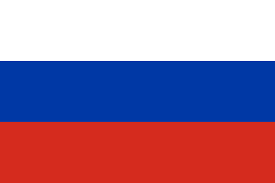
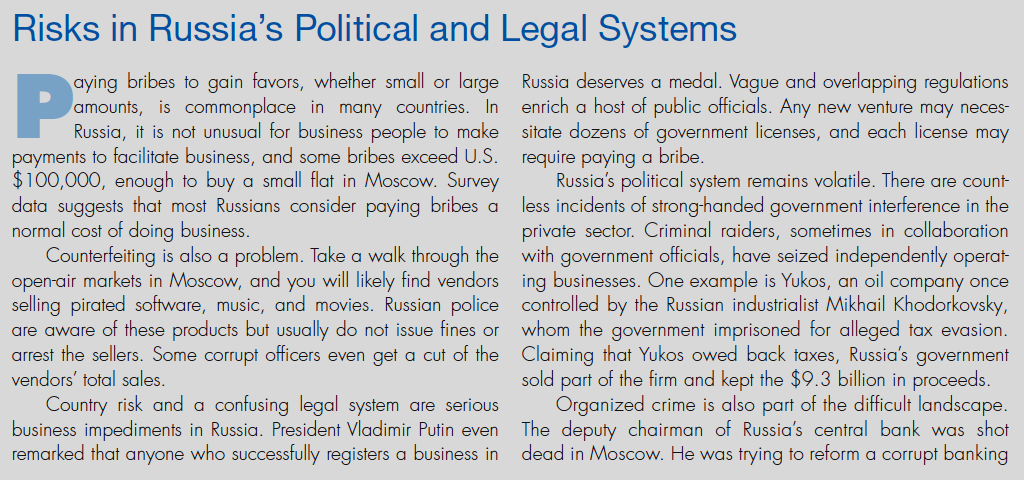

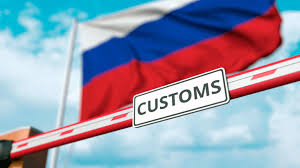
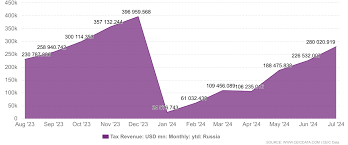
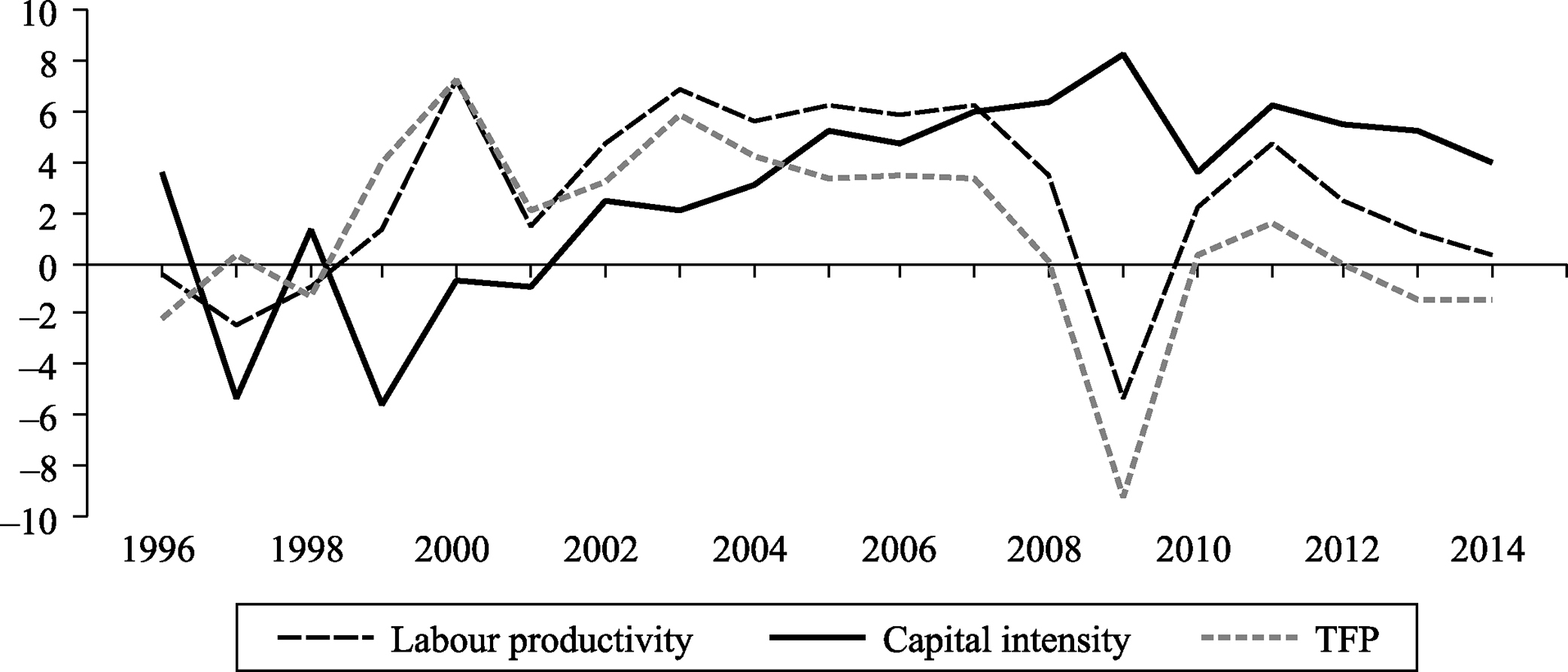
Leave a Reply